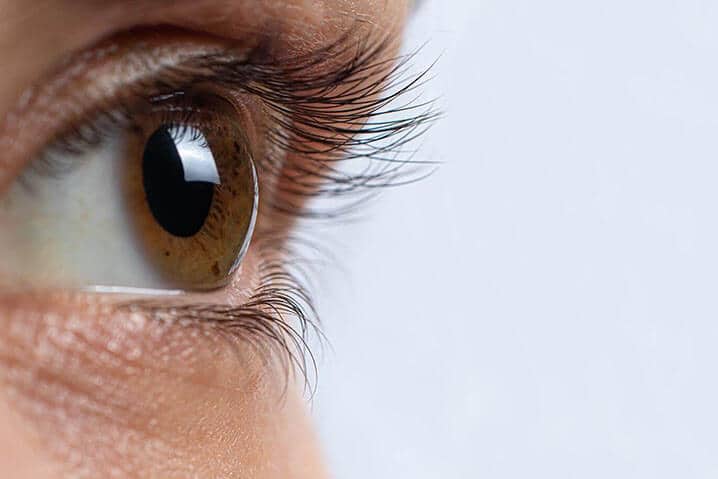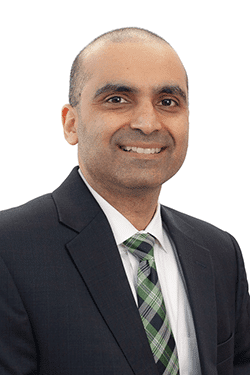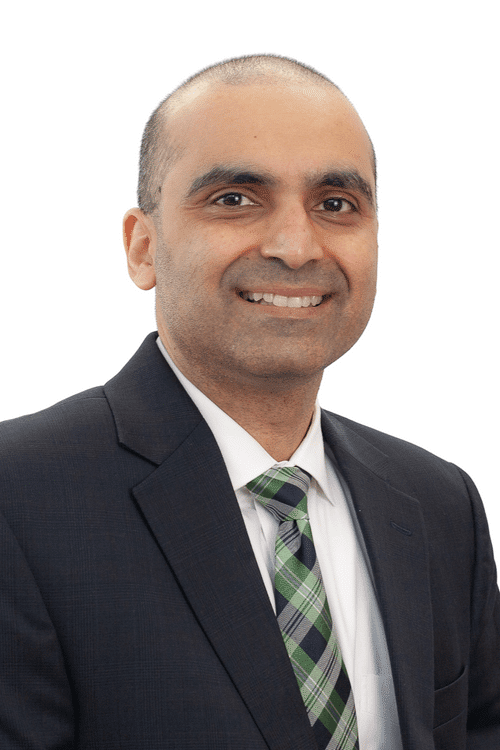Cornea Center
Home » Cornea Center
What is the Cornea?
Your cornea is the thin outer layer of your eye that protects the eye from foreign debris. The shape of the cornea is also responsible for how well you can see clearly; the shape determines how light entering your eyes will focus in front of, behind or directly on the retina (the back of the eye).
5 Corneal Layers
- Epithelium (outer layer): eye protection and surface to absorb nutrients and oxygen from tears
- Bowman’s membrane (second layer): transparent collagen layer that can respond to injury by forming a scar
- Stroma (middle layer): thick collagen layer that provides elasticity and strength to form the cornea
- Decement (inner layer): strong tissue that protects against injury and infection
- Endothelium (innermost layer): pumps excess fluid out of the stroma to keep the cornea clear
Types of Corneal Diseases
Corneal diseases can affect any layer of the cornea and ultimately result in blurry vision.
Some of these diseases include:
- Keratitis / corneal ulcer: corneal inflammation/infection
- Keratoconus: cone-shaped cornea due to corneal thinning
- Corneal dystrophies: accumulation of abnormal materials in the various layers
Dr. Gautam Mishra offers different treatment options for corneal problems in Harrisburg. After a comprehensive dilated eye exam, he may recommend eyeglasses, contact lenses, prescription eye drops, corneal collagen cross-linking or a corneal transplant.
Corneal Ulcer Treatments
If the cause of your eye problem is infection due to a corneal ulcer in Harrisburg, Dr. Mishra may recommend antibiotic, antifungal or antiviral eye drops/oral medication
Keratoconus Treatment
Corneal collagen cross-linking (KXL) may be recommended to strengthen weak corneas caused by keratoconus – and ultimately save vision. It may also reduce the need for corneal transplants for some patients.
During KXL, Dr. Mishra applies a riboflavin solution (a form of vitamin-B2) to the eye, followed by ultraviolet A light exposure. This process increases the amount of collagen cross-links in the cornea, making the cornea stronger, more stable and able to hold its shape. This keratoconus treatment in Harrisburg has been effective in slowing the progression of the disease and helping preserve vision. Patients may still need to wear prescription glasses or contact lenses to achieve their best vision possible.
Corneal Transplant
If the damage to your cornea is severe enough and other treatment methods have been unsuccessful, Dr. Mishra may recommend a corneal transplant in Harrisburg. This process works by removing all or part of the cornea and replacing it with healthy donor tissue from an eye bank.
Full Thickness Corneal Transplant
(Penetrating Keratoplasty or PK)
Replaces the entire cornea. Temporary sutures are necessary to keep the new cornea in place as the eye heals.
Partial Thickness Corneal Transplant
(Descement’s Stripping Automated Endothelial Keratoplasty or DSAEK)
Replaces the damaged section of the back inner layer of the cornea. No sutures are required and most patients achieve a faster visual recovery.
Our Corneal Specialist
Gautam Mishra, M.D. will discuss the risks of corneal transplants such as rejection of the new tissue, infection and corneal swelling.
Dr. Mishra, was brought up in Syracuse, New York, where he received his primary education. He then completed his bachelor’s degree at Boston College and went on to graduate from Jefferson Medical College in Philadelphia. Dr. Mishra served as Chief Resident during his residency in Ophthalmology at Wake Forest University, North Carolina. He received his training in cornea and refractive surgery at Albany Medical Center and joined Schein Ernst Mishra Eye in 2006. Dr. Mishra is board certified in ophthalmology and is also a Clinical Assistant Professor of Ophthalmology in the Penn State College of Medicine. He lives in Harrisburg with his wife Mridula and daughter Anjali.
If you are experiencing any changes in your vision, schedule an eye exam with us right away. Early detection of corneal problems will be vital to helping protect your vision.



